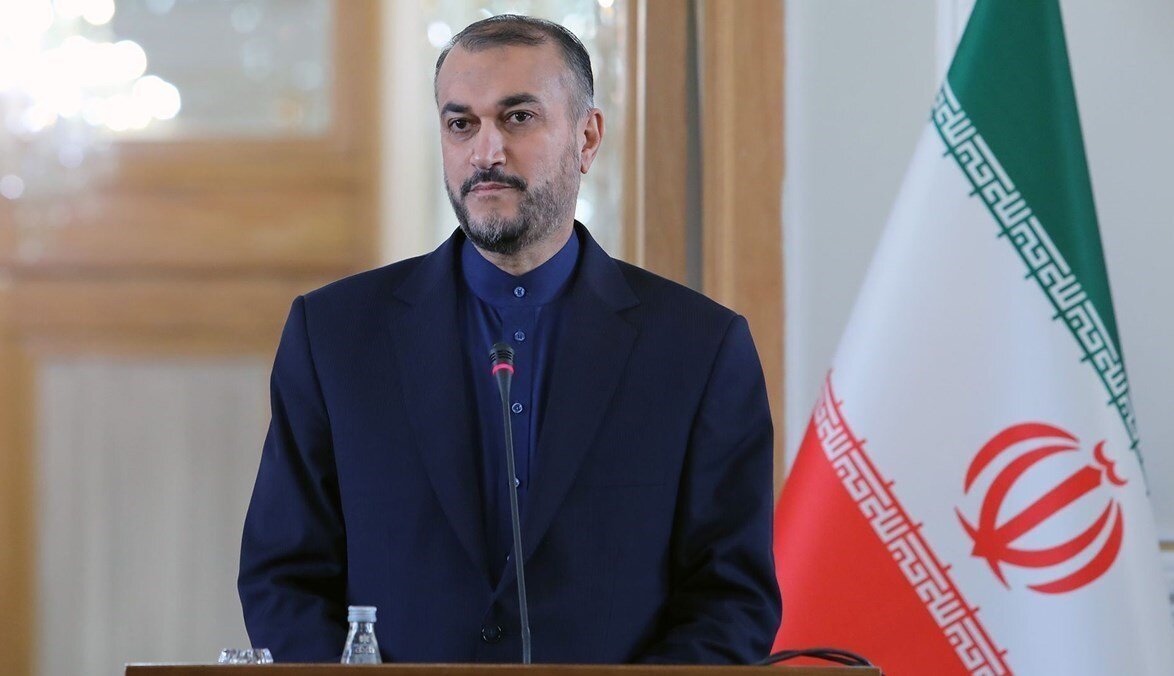Nuclear deal can be restored if US shows seriousness: Iran FM

TEHRAN – If the U.S. shows seriousness in the negotiations the 2015 nuclear deal can be put on the right track, the Iranian foreign minister said on Saturday, suggesting in that situation all parties will return to their compliance under agreement.
The talks to resurrect the nuclear deal, officially known as the Joint Comprehensive Plan of Action (JCPOA) came to a standstill after the United States and its three European allies (France, Britain and Germany) cut the talks following the September 2022 unrest in Iran.
"If the U.S. administration is serious, the negotiations can be concluded in a short time and then all the parties will return to the JCPOA," Hossein Amir Abdollahian said in a meeting with a number of American experts, ambassadors and retired politicians on the sidelines of the annual UN meeting in New York.
The United States unilaterally quit the JCPOA in May 2018 calling it the worst deal that the U.S. has ever made in its history. The Trump administration returned the economic and financial sanctions that had been lifted under the deal and even introduced new ones. However, Iran remained fully loyal to the text of the JCPOA, waiting for the remaining parties, especially the European trio (E3) and the European Union in large, to compensate for the U.S. sanction.
Fearing U.S. secondary sanctions, the Europeans actually did nothing despite introducing a mechanism called INSTEX.
Seeing no action by the European sides, Iran said its strategic patience is over and started to gradually lift ban on its nuclear activities. However, in each gradual step Iran insisted if the European parties honor their obligations, it will immediately reverse its decisions.
In his Saturday remarks, Foreign Minister Amir Abdollahian said the Joe Biden administration is pursuing a contradictory approach toward Iran. Iran’s chief diplomat said there is "fundamental" differences between what the United States does in action and what it preaches.
The foreign minister went on to say that Iran heeds to the U.S. attitude and not its words.
He also slammed the Biden administration's continuation of the sanctions policy against Iran, saying, "Even simultaneous with the implementation of the recent agreement [with Iran] on exchange of prisoners, the U.S. administration carried out unconstructive sanctions measures and proved that it is not willing to correct its past wrong and ineffective behavior."
The chief diplomat added Washington has always made a miscalculation in dealing with Tehran, citing the U.S. support for last year's riots in Iran.
Elsewhere in his remarks, Amir Abdollahian said Iran is seeking to reduce tensions in the region and across the world.
The minister also said the people in Iran cannot forget the decades-long U.S. animosity toward their country which goes back to the 1953 coup, more than two decades before the Islamic Revolution in 1979.
He also warned about the situation in Afghanistan, saying the Islamic Republic is bearing the brunt of the crisis in the country as hundreds of thousands of more Afghan refugees have flooded Iran over the last two years.
“What was the U.S. reaction if part of New York had been occupied”
On the Palestinian issue, the foreign minister said Iran cannot tolerate the occupation of the Palestinian lands, asking, “If a country had really occupied part of New York what would have been the reaction of Americans toward it.”
The minister said Iran's proposal to hold a referendum in the occupied Palestine is the "best democratic" approach to resolve the decades-long Israeli-Palestinian conflict.
